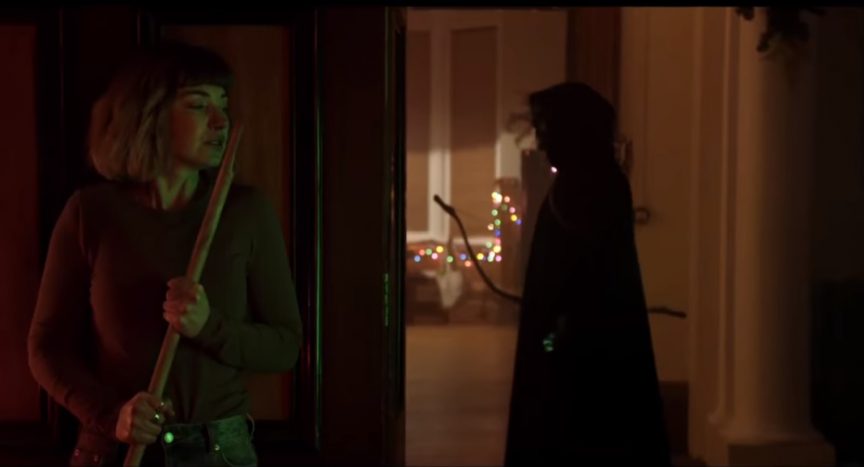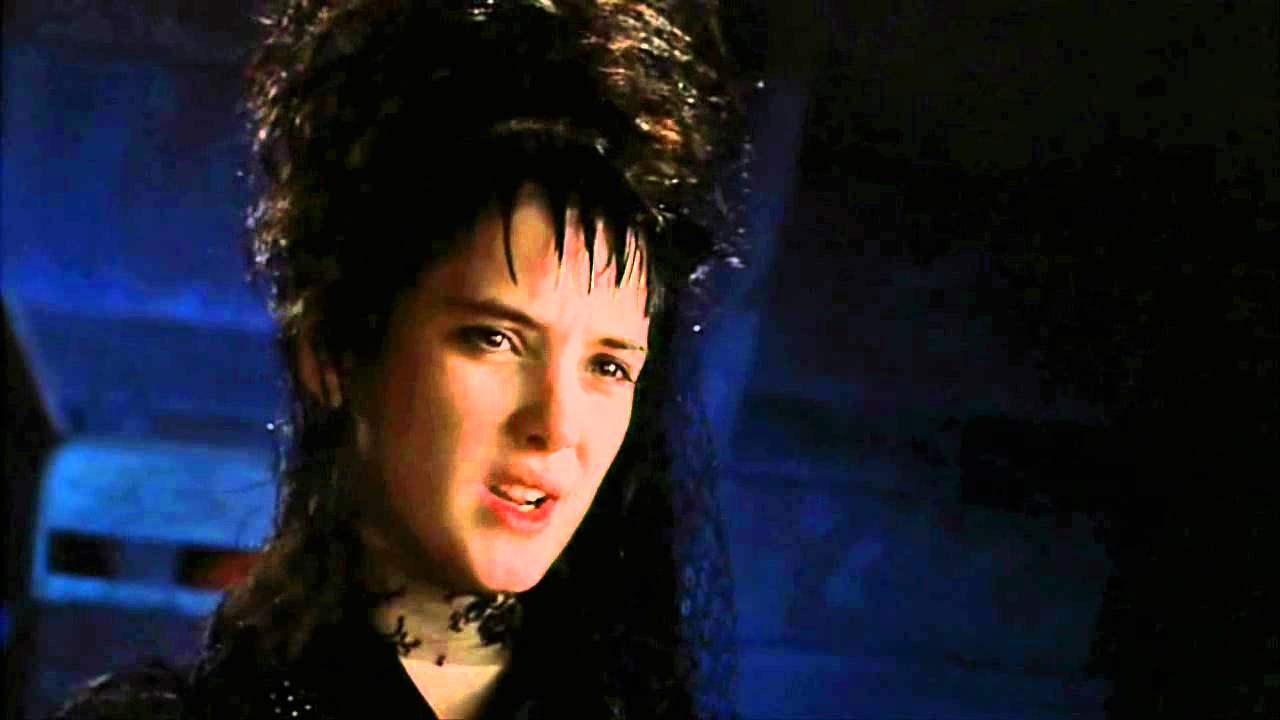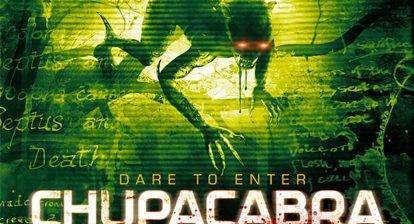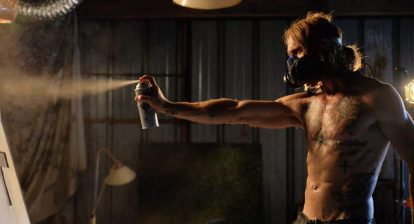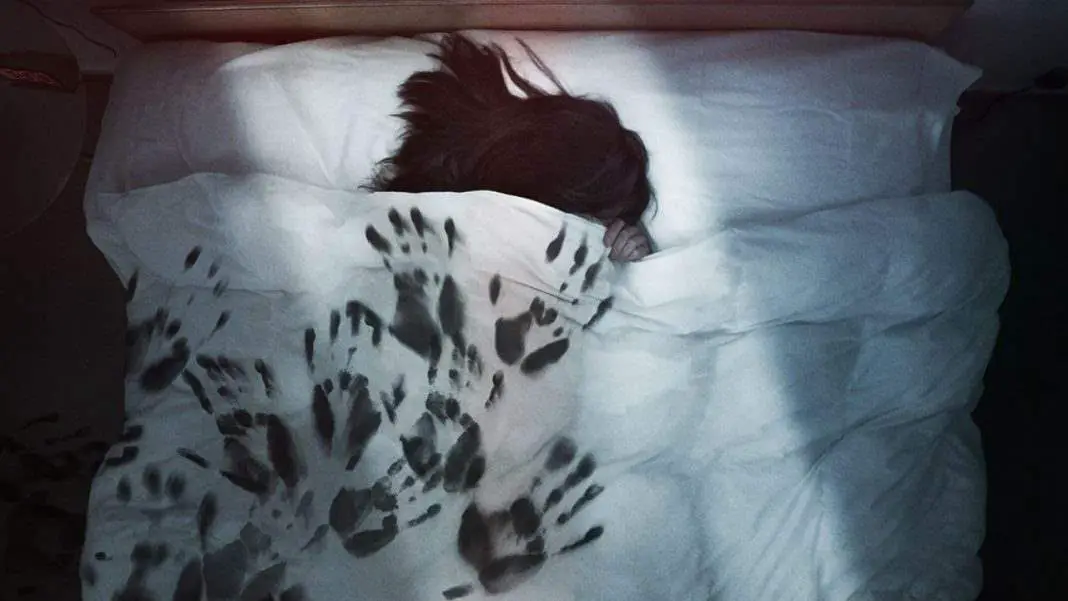All of this brouhaha over Black Christmas’ PG-13 rating reminds me — a lot of hardcore horror fans are a bit too full of themselves.
You know the fans I’m talking about. The ones who have convinced themselves that their favorite genre movies aren’t just great genre movies, but bona fide works of art with profound commentary on the human condition, that are chock full of — sigh — culturally relevant commentary.
I hate to break it to you, kids, but not even the people who make the movies you vaunt and celebrate see their own works that way. Deep down, horror movies have one purpose and one social utility only — to make whomever produces them, markets them, and distributes them a whole lot of money.
Come on guys, get real. Do you honestly think we live in a world with eight Howling movies, ten Hellraiser film and sixteen Witchcraft movies because they are testaments to the times a’la the works of Bergman and Solzhenitsyn? You’d think the fact that we’re even on the second reboot of Black Christmas would be a dead giveaway as to just how highly esteemed human creativity is when it comes to the horror movie industry, but nope — we’ve still got a buncha’ dweebs and nerds on Twitter pitching a fit because the suits at Universal decided to recut the movie for a PG-13 rating.
Now, I’m a primary source kinda’ guy, so I’m just gonna’ let screenwriter April Wolfe describe the situation herself.
“We wrote it with an R in mind,” she stated in a tweet. “When they did the test screenings, [it] was clear that this movie needed to be available to a younger female audience because the subject matter is timely. Also, I want to indoctrinate girls into horror. Doesn’t make it any less vicious!”
Now, you can keep reading the tweet tree at your own peril — but be forewarned, it doesn’t take long before Wolfe starts saying stuff like “American slashers are not actually great for female characters.”
So what we’ve ended up with is, seemingly, two camps divided on the subject of Black Christmas ’19. On one hand, you’ve got guys sayin’ Blumhouse are a buncha’ chickens for going softer and safer to beat the Christmastime rush, and on the other hand you’ve got Wolfe defenders saying you don’t need to have a hard R to make a movie scary and the pro-feminist message of the movie is so important that it needs to be seen by as many people as possible just out of principle.
Also See: Here is Everything Wrong With Christmas Evil
Translation: Universal saw the low ticket sales for Doctor Sleep and the last Terminator movie, realized a movie about coeds getting mass murdered 12 days before Christmas might be a hard sale to the public and said “alright, let’s cut what we’ve got to cut to hopefully get the middle schooler matinee audience in there, and just hope we can break even on the unrated DVD sales.”
In other words, it’s the same kinda’ business move any movie company with a mind for profits would’ve made, and the exact kind of move they’ve been making with horror films for decades now.
Big Hollywood studios love horror movies, but they hate them at the same time. They love them because they’re almost always automatic revenue generators — pending you don’t do something really stupid, like, say, release a murder movie the week before Christmas. Movies like Escape Room, Scary Stories to Tell in the Dark, The Curse of La Llorona and Ma were fairly inexpensive to make, and they all wound up making $40 million-plus in U.S. theaters alone. Indeed, a lot of times, such small-scale genre movies are the ONLY kinds of movies big-time studios make that are profitable.
Also See: Ten Stocking Stuffers for the Gore-Hound in Your Life
You see, if you’re a big-time movie studio, you don’t need big stars to market and make a lot of moolah off a horror picture. There’s never been an A-list celebrity in any of the Friday the 13th movies, yet they’ve still grossed more than half a billion dollars in revenue — and no, Kevin Bacon doesn’t count, then and especially not now.
But that’s also why big-time studios hate horror movies at the same time. Oh, they’re good for a quick buck and a stopgap whenever the latest and greatest high-concept star-vehicle craps out at the box office quicker than you can say Mortal Engines, but the shameless commodification of the genre just leaves ‘em with a bad taste in their mouths. Remember, these are massive, multi-billion dollar conglomerates who like to pride themselves on being the great tastemakers of culture — and when their financial bread and butter is Annabelle Comes Home and Pet Sematary, naturally they’re going to be a bit embarrassed.
Let’s face it, “hardcore” horror has rarely been lucrative and it probably never will be. If you take a gander at the list of the highest grossing R-rated movies of all-time, you’ve got maybe five movies that could safely be pigeon-holed as horror. And when you scoot on over to the Wikipedia page for highest grossing horror movies, you might be shocked to learn that nearly 75 percent of the top 50 are PG-13 or PG.
Also See: Once Upon a Time at Christmas is Worse than a Lump of Cole in Your Stocking
In that, Black Christmas: The Remake of The Remake (But Now With 100 Percent More Identity Politicking: Electric Boogaloo) is hardly an anomaly in the vast pantheon of Hollywood horror. You can accuse Universal Pictures of wussing out, but at the end of the day, it’s their pocket books that are on the line, not yours.
And if cutting out a couple of seconds of gore and impalements means the difference in tens of millions of dollars in dead zone box office income, can you really fault them for playing it safe here?
Follow us on social media: Twitter | Facebook | Instagram | Youtube
